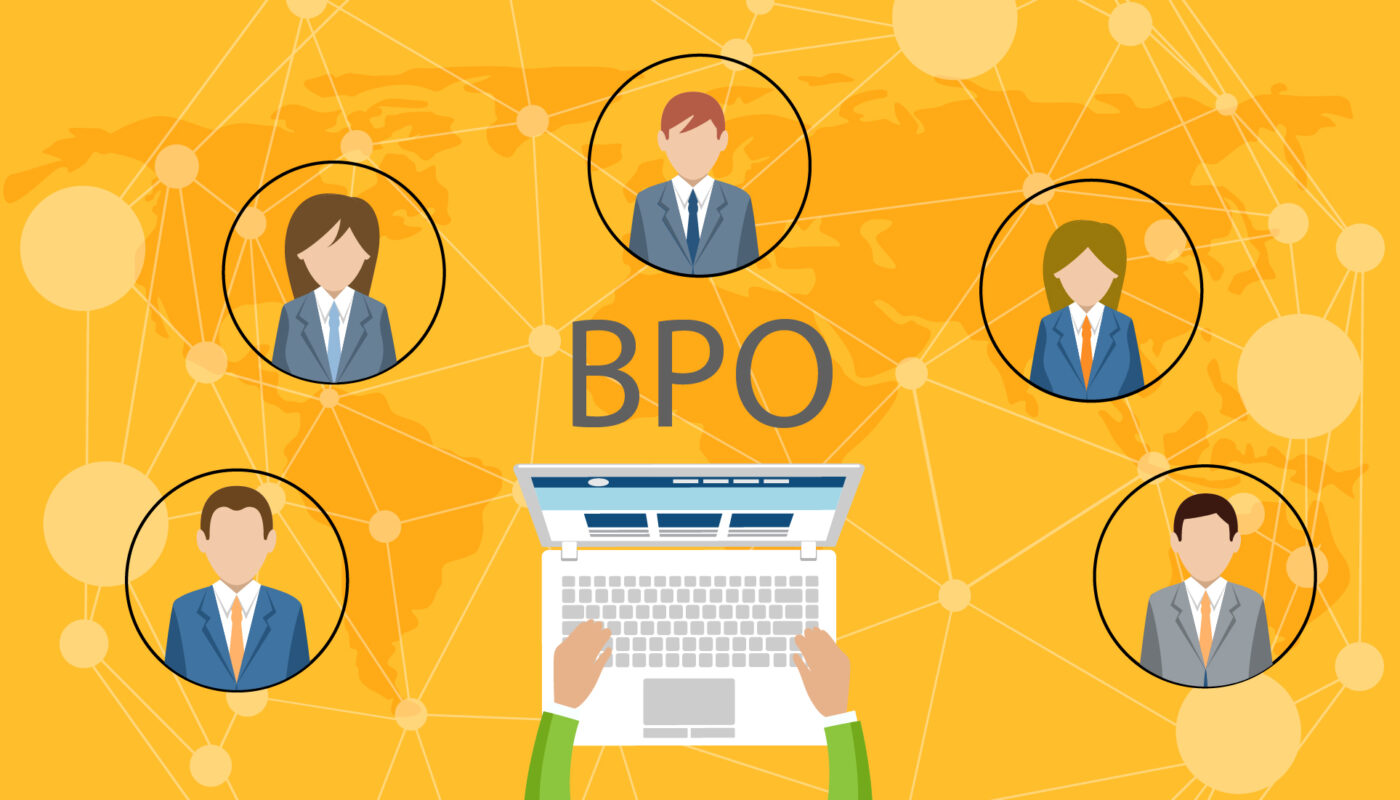What is Business Process Outsourcing?
Business process outsourcing (BPO) refers to the practice of outsourcing day-to-day business operations and responsibilities to a third-party provider. Rather than performing non-core back-office tasks internally, companies leverage offshore partners to handle functions such as payroll processing, customer service, technical support, accounting and finance.
The Evolution of BPO
Traditional BPO services like data entry and standard back-office tasks first emerged in the 1990s as technology advanced to allow the secure transfer of information overseas. Early BPO adopters sought to cut costs by taking advantage of lower wage rates in emerging markets like India and the Philippines. Over time, BPO services expanded to include knowledge-based tasks requiring higher skills. Today, companies increasingly outsource complex processes and work once thought impossible to offshore.
Common Business Process Outsourcing Service Models
There are three main models for how companies structure BPO partnerships:
In-house Offshoring – The outsourcer sets up an offshore subsidiary and hires employees directly. This gives more control but requires investment to establish local infrastructure.
On-shore Outsourcing – An onshore third party provider manages the offshore teams. This removes overhead but gives less oversight of delivery locations and staffing.
Multi-shore Delivery – Processes are broken into components handled byoptimal locations for each. For example, voice-based activities in India and document processing in the Philippines. This optimizes costs across delivery sites.
Customer Service BPO
Handling customer inquiries, complaints and technical support are among the most common BPO functions. Customer service Business Process Outsourcing aims to improve the customer experience while controlling costs. Offshore centers provide multilingual support around the clock. To ensure success, outsourcers must find partners proven in their ability to capture operational knowledge, maintain brand consistency and resolve issues quickly.
Finance and Accounting BPO
Accounting processes like accounts payable, accounts receivable, general accounting, payroll and tax compliance are ripe for outsourcing. With finance BPO, companies gain a dedicated team maintaining transaction accuracy at lower cost. When selecting a provider, expertise in the client’s industry, location, accounting standards and systems integration are top priorities. Strong financial controls and transparent reporting are also essential.
Human Resources Business process outsourcing
HR BPO encompasses recruitment and staffing, benefits administration, payroll processing and more. By outsourcing HR functions, companies slim their HR departments while still meeting compliance requirements and employee needs. Leading HR BPO vendors apply technology like applicant tracking systems to standardize transactions and analytics to forecast trends. Quality HR outsourcing depends on configuring the right processes, governing change management and choosing a flexible long-term partner.
IT BPO and Cloud Services
IT operations of all kinds are candidates for outsourcing to manage costs and access specialized skills. This includes infrastructure support, application development and maintenance, data center management and more. Cloud-based Infrastructure as a Service (IaaS) and Platform as a Service (PaaS) enable IT teams to hand off server and database tasks with agility. When outsourcing critical IT work, evaluating security protocols, scalability and crisis mitigation are crucial concerns before the transition.
Enabling Competitive Differentiation
For companies implementing BPO thoughtfully, the results can go far beyond reducing costs. By freeing internal resources to focus on core missions, BPO positively transforms business models. Outsourcing non-essential processes to master providers creates capacity for innovation. Companies advance strategies like new product development, advanced analytics utilizing outsourced data assets, expansion into new markets and improved customer experiences through technology. All these upgrades derived from BPO fuel competitive advantages and long term growth opportunities impossible achieve otherwise.
Evaluating BPO outcomes strategically in these terms, companies extract maximum value from their outsourcing investments. Rather than a one-time fix, BPO becomes a lever enabling companies to raise the bar for competitors across sectors. In today’s business landscape characterized by constant disruption, outsourcing non-core operations to industry experts through BPO appears increasingly indispensable for any organization seeking competitive differentiation.
Note:
1. Source: Coherent Market Insights, Public sources, Desk research
2. We have leveraged AI tools to mine information and compile it


